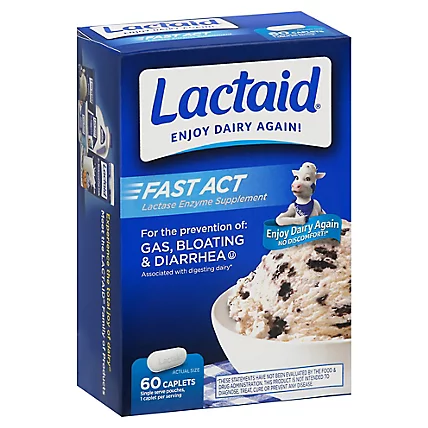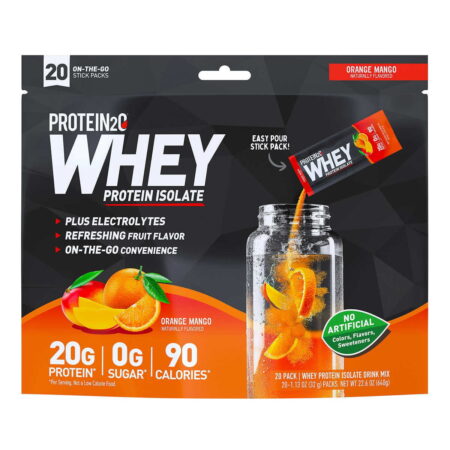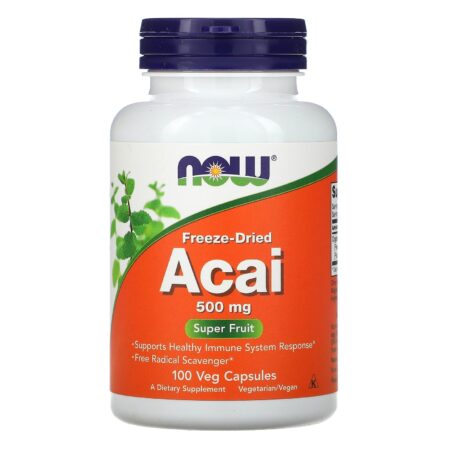Plant-based meat replaces taste and chew incredibly comparable to genuine beef, and the 13 products noted on their nutrition labels– vitamins, fats and protein– make them appear basically comparable.
However a Duke University research study group’s much deeper evaluation of the dietary material of plant-based meat options, utilizing an advanced tool of the science called ‘metabolomics,’ reveals they’re as various as plants and animals.
Meat-substitute makers have actually gone to excellent lengths to make the plant-based item as meaty as possible, consisting of including leghemoglobin, an iron-carrying particle from soy, and red beet, berries and carrot extracts to replicate bloodiness. The texture of near-meat is thickened by including indigestible fibers like methyl cellulose. And to bring the plant-based meat options as much as the protein levels of meat, they utilize separated plant proteins from soy, peas, and other plant sources. Some meat-substitutes likewise include vitamin B12 and zinc to even more reproduce meat’s nutrition.
Nevertheless, numerous other elements of nutrition do not appear on the labels, which’s where the items vary commonly from meat, according to the research study, which appears today in Scientific Reports
The metabolites that the researchers determined are constructing blocks of the body’s biochemistry, essential to the conversion of energy, signaling in between cells, constructing structures and tearing them down, and a host of other functions. There are anticipated to be more than 100,000 of these particles in biology and about half of the metabolites flowing in human blood are approximated to be originated from our diet plans.
” To customers checking out dietary labels, they might appear nutritionally interchangeable,” stated Stephan van Vliet, a postdoctoral scientist at the Duke Molecular Physiology Institute who led the research study. “However if you peek behind the drape utilizing metabolomics and take a look at broadened dietary profiles, we discovered that there are big distinctions in between meat and a plant-based meat option.”
The Duke Molecular Physiology Institute’s metabolomics core laboratory compared 18 samples of a popular plant-based meat option to 18 grass-fed hamburger samples from a cattle ranch in Idaho. The analysis of 36 thoroughly prepared patties discovered that 171 out of the 190 metabolites they determined diverse in between beef and the plant-based meat alternative.
The beef consisted of 22 metabolites that the plant alternative did not. The plant-based alternative consisted of 31 metabolites that meat did not. The best differences took place in amino acids, dipeptides, vitamins, phenols, and kinds of saturated and unsaturated fats discovered in these items.
Numerous metabolites understood to be essential to human health were discovered either specifically or in higher amounts in beef, consisting of creatine, spermine, anserine, cysteamine, glucosamine, squalene, and the omega-3 fat DHA. “These nutrients have possibly essential physiological, anti-inflammatory, and or immunomodulatory functions,” the authors stated in the paper.
” These nutrients are necessary for our brain and other organs including our muscles” van Vliet stated. “However some individuals on vegan diet plans (no animal items), can live healthy lives– that’s really clear.” Besides, the plant-based meat option consisted of numerous useful metabolites not discovered in beef such as phytosterols and phenols.
” It is necessary for customers to comprehend that these items must not be deemed nutritionally interchangeable, however that’s not to state that a person is much better than the other,” stated van Vliet, a self-described omnivore who takes pleasure in a plant-heavy diet plan however likewise consumes meat. “Plant and animal foods can be complementary, since they supply various nutrients.”
He stated more research study is required to figure out whether there are short-term or long-lasting impacts of the existence or lack of specific metabolites in meat and plant-based meat options.
Story Source:
Products offered by Duke University Initial composed by Karl Leif Bates. Note: Material might be modified for design and length.






